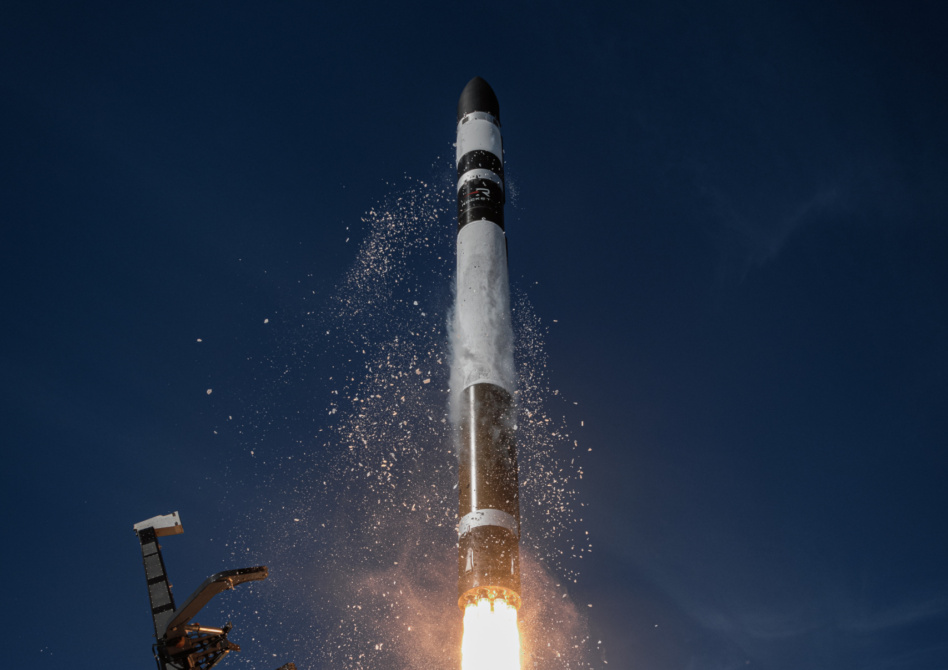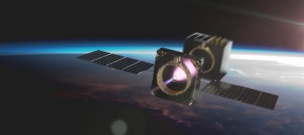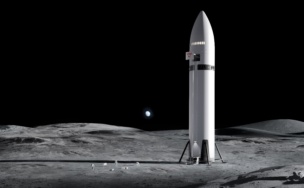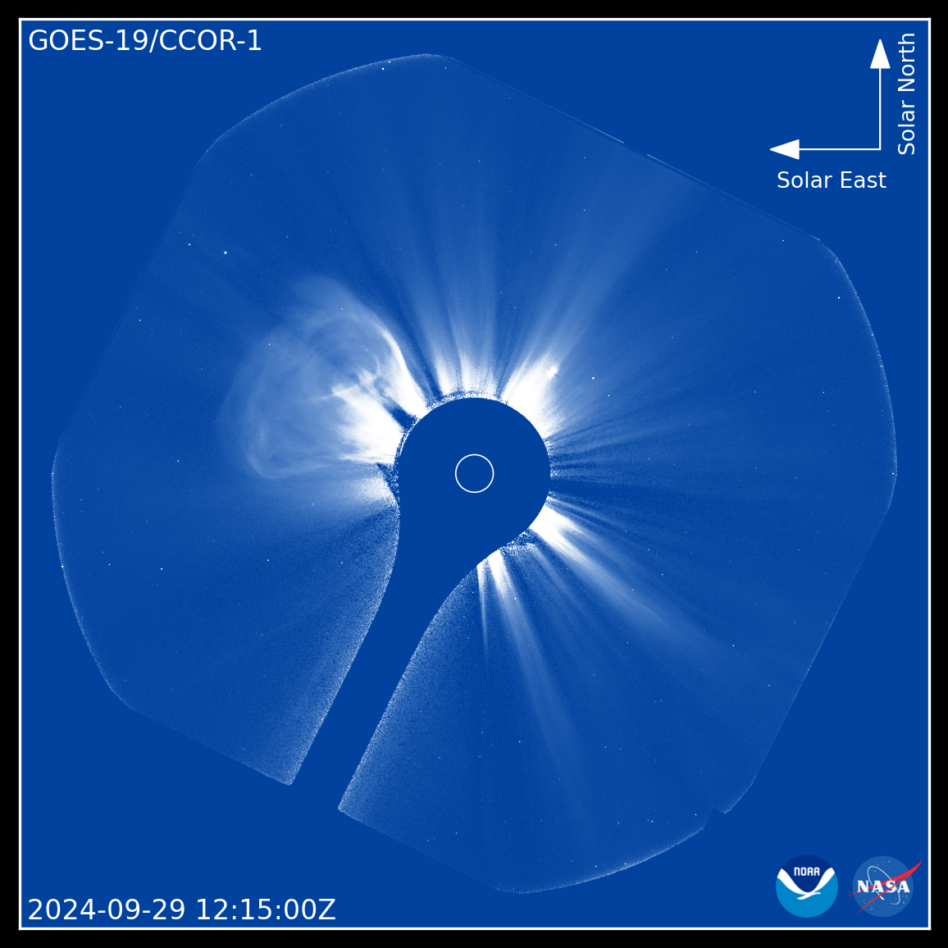Two Electron rockets took flight Sunday, one from New Zealand’s Mahia Peninsula and the other from USA’s Wallops Island, making Rocket Lab ($RKLB) the first space company to launch from two different hemispheres in a 24-hour period.
Market mover: Rocket Lab’s stock has doubled in the past month and rose 3% yesterday after the successful flights; at the close, it was valued at nearly $12B. The company has now flown 14 Electron missions this year—its busiest ever—with time for one or two more.
One of the missions was the third of five launches for the French IoT company Kinéis, which is building a satellite constellation. The other launch was an Electron modified to act as a suborbital technology demonstrator for hypersonic research. Rocket Lab did not disclose the customer, but speculation is focused on the defense contractor Leidos, which signed a four-launch deal with Rocket Lab last year.
Flashback: SpaceX first launched two Falcon 9 rockets in 24 hours in 2021; this year, the company launched three Falcon 9s in a single day from pads at Cape Canaveral and Vandenberg Space Force Base.
CHIPping in: Rockets make a lot of noise, but spacecraft make a lot of money: Rocket Lab consistently garners more revenue from its spacecraft business than from launch. Now that division of the business is set for significant investment.
The Commerce Department officially confirmed a $23.9M grant, matched by $25M worth of state incentives, for Rocket Lab’s solar cell production facility in New Mexico. That business, formerly SolAero, powers everything from JWST to OneWeb’s broadband satellites.
First announced in June, this grant is from the CHIPS and Science Act, a Biden administration initiative to reshore critical manufacturing. The government is particularly interested in components for LEO military satellites, like the eighteen spacecraft Rocket Lab is building for the SDA.
Correction: This article misreported the payload onboard one of the two Electron launches and has now been updated.





